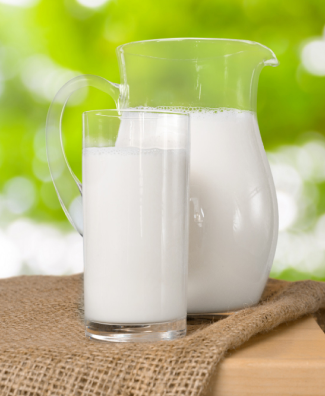The Nutritional Powerhouse: What’s Really in Your Glass of Milk?
Milk has long been touted as a nutritional staple, but what exactly makes it so beneficial? Whether you’re pouring it over cereal or sipping it straight, milk offers an impressive lineup of nutrients essential for health.
At its core, milk is a rich source of protein, primarily casein and whey. Protein is vital for building and repairing tissues, supporting immune function, and maintaining muscle mass. A single cup of cow’s milk typically provides 8 grams of high-quality protein.
Calcium is another standout nutrient in milk. It’s crucial for strong bones and teeth, nerve function, and muscle contraction. In fact, dairy products are the primary source of dietary calcium for many people around the world. Most cow’s milk is also fortified with vitamin D, which enhances calcium absorption and helps maintain healthy bones.
Beyond protein and calcium, milk contains potassium, which helps regulate blood pressure, and vitamin B12, essential for red blood cell formation and nervous system health. Riboflavin (vitamin B2) and phosphorus are also present in significant amounts.

For those concerned about fat, it’s important to note that milk comes in various fat levels: whole, 2%, 1%, and skim. While whole milk has more calories and saturated fat, lower-fat versions offer the same nutrients with less fat.
Lactose, the natural sugar in milk, provides energy. However, some people are lactose intolerant and may experience digestive discomfort. Fortunately, lactose-free milk and plant-based alternatives are widely available.
In summary, milk is a nutrient-rich beverage that supports bone health, muscle function, and overall wellness. Next time you reach for a glass, remember you’re getting more than just a refreshing drink—you’re fueling your body with essentials.

